In recent years, the global automotive industry has made significant progress in adopting electric vehicles (EVs) as compelling alternatives to conventional gasoline-powered vehicles. With the increasing popularity of electric vehicles, there is an increasing need to develop robust and efficient electric vehicle battery thermal management systems (EVBTMS) to optimize battery performance and ensure lifetime.
One of the key components of EVBTMS is the use of positive temperature coefficient (PTC) heaters. These advanced heaters play a vital role in maintaining optimum battery temperature in extreme cold and hot weather conditions. By utilizing the self-regulating properties of PTC elements, these heaters can provide a reliable and efficient heating solution for a variety of electric vehicle applications.
During cold weather, battery systems in electric vehicles degrade due to low ambient temperatures. PTC heaters(PTC Coolant Heater/PTC Air Heater) counteract this problem by actively heating the battery pack, ensuring optimal battery chemistry and increasing the overall efficiency of the vehicle. The heat generated by the PTC heater is directly proportional to the temperature of the battery pack, dynamically adjusting its resistance to maintain a consistent and safe temperature level. By efficiently distributing heat throughout the battery pack, PTC heaters help minimize energy loss and maintain longer driving range even in freezing conditions.
Conversely, in hot climates, EV batteries can quickly overheat, resulting in reduced efficiency and, in some cases, shortened battery life. Effective EVBTMS incorporate an electric water pump that efficiently circulates coolant through the battery pack, managing heat generated during charging and discharging. This promotes a balanced and stable temperature range, protecting the battery from thermal stress and extending its lifetime. The addition of a PTC heater complements the action of the electric water pump by providing simultaneous heating and cooling, ensuring the battery pack remains within the ideal temperature range for maximum efficiency.
Integrating PTC heaters and electric water pumps into EVBTMS not only optimizes battery performance, but also provides several additional advantages. First, the overall safety of the vehicle is enhanced as the system prevents critical temperature thresholds from being exceeded, reducing the risk of thermal runaway and potential battery damage. Second, by maintaining cell efficiency, battery pack life can be extended, resulting in lower maintenance costs and a more sustainable use of resources.
Furthermore, efficient EVBTMS contribute to a more sustainable use of energy as it minimizes energy waste by precisely controlling temperature levels within the battery pack. By reducing excess energy consumption caused by inefficient thermal management, EVs can maximize driving range and minimize charging frequency and duration, ultimately benefiting the environment and EV owners' wallets.
In summary, the integration of PTC heaters and electric water pumps into EV battery thermal management systems is crucial to optimize the performance and efficiency of EVs. Self-regulating and providing heating and cooling, these components ensure that the battery operates within an optimal temperature range, extending its lifespan and improving overall safety. By implementing robust EVBTMS, electric vehicles can provide a more sustainable and reliable alternative to internal combustion engine vehicles, thereby accelerating the transition to a green future.
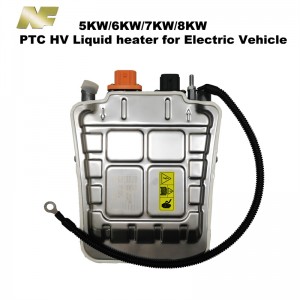
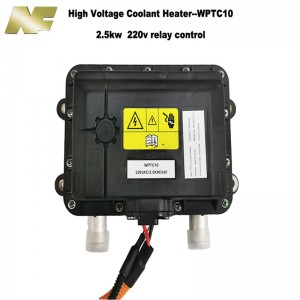
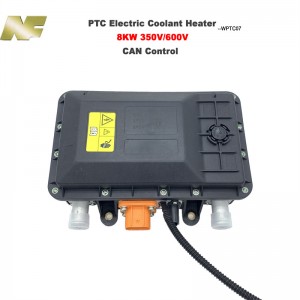
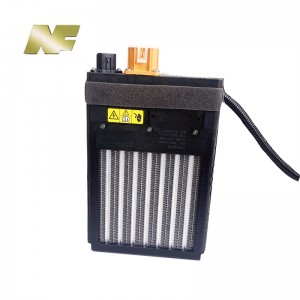
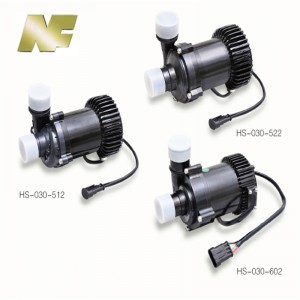
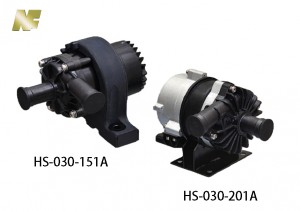
Post time: Jul-21-2023




